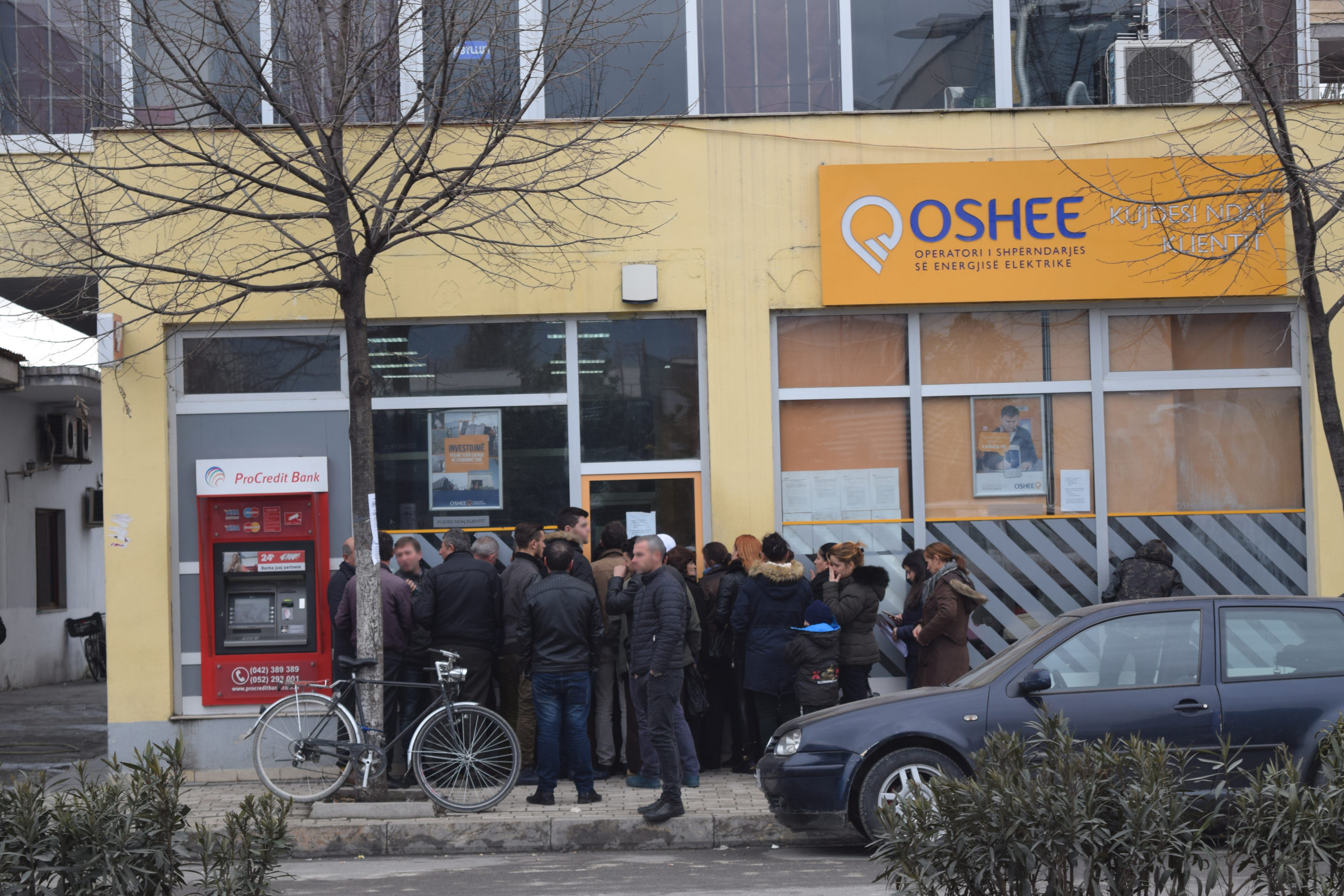Left in the dark and discriminated against, more than half of households with economic assistance do not receive energy compensation

Rudina Halimi lives near the Pedagogical School in the city of Elbasan. Together with the sick son, she shares the apartment with her parents and siblings. The large family of 10 members has been facing economic problems for years.
For over 5 years they could not pay for electricity. “The amount was almost 5 million, many years because we did not have. “They cut off the energy and we went and signed a contract”, the 51-year-old recalls.
Just like that, thousands of families have signed agreements to pay off their energy debts. By 2018, according to OSHEE data, there were 20,112 agreements in force related to family subscribers treated with economic assistance.
Half of them, 10,646 agreements were considered problematic as the subscribers did not fulfill the regular payment of installments.
“That 3000 lek goes only for energy and does not come out”, the woman who is treated with economic assistance emphatically confesses. “Let’s not talk about debts… in stores. We washed them a little bit “, says the woman who is part of the Egyptian community in the city of Elbasan
The Albanian government foresaw to solve its problem and that of thousands of families through the Law “On the electricity sector”, approved in 2015. It brings for the first time the definition of “Customer in need”, in articles 95 and 96.
“The 3000 lek I receive, if my lights were compensated I would eat a bite of bread. “The situation is very bad, we are poor”, concludes Rudina Halimi. But the 3 ministries charged by law to implement the support of the “client in need” for 6 years have not yielded results.
We officially learned from the Ministry of Health and Social Protection that in December of last year there were 66,269 families benefiting from the economic assistance scheme, but less than half of them received compensation for electricity.
“… For the period November-December 2020, 24,445 families in need and 1801 heads of families with disabilities have received energy compensation”, the Ministry affirms in its response.
“Discriminated because they are poor”!
The Commissioner for Protection from Discrimination explains that the adoption of the 2015 law was a reflection within the welfare state, as electricity is an essential service and in the case of economically disadvantaged families it must be paid for by the government.
“This creates major social problems because families are either in debt to pay for an essential service, such as energy, or they will be left without electricity, which goes back to the Middle Ages and especially in times of pandemics, prejudices economically impossible families.” analyzes for Amfora Production Commissioner for Protection from Discrimination, Robert Gajda.


